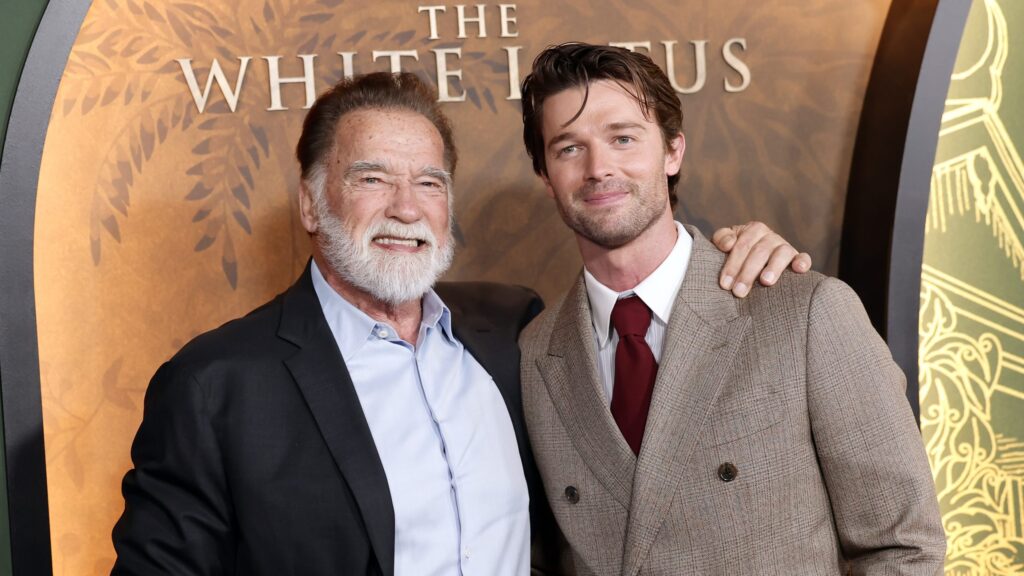Mark Wahlberg’s Dance Dilemma: A Father’s Concern at a School Dance
When actor Mark Wahlberg attended a daddy-daughter dance with his daughter Grace, he anticipated a memorable evening filled with laughter and dancing. However, the reality was far from his expectations. Grace, then just 10 years old, had little interest in showcasing her father’s dance moves. "I didn’t get one dance," Wahlberg recounted during an appearance on "The Ellen DeGeneres Show." He humorously recalled his daughter’s stern warning: "Dad, if you embarrass me, I will never talk to you again." Instead of dancing, Grace opted to hang out with her friends, leaving Wahlberg to navigate the dance floor solo.
The Awkwardness of Fatherhood
For many young girls, the thought of their fathers dancing in front of their peers is cringe-worthy. No matter how famous or talented a dad might be, the desire to maintain a cool image often takes precedence. While the other parents at the dance might have relished the chance to see Wahlberg bust out his iconic ’90s Marky Mark moves, Grace’s apprehension was palpable. The evening took an unexpected turn when Wahlberg found himself grappling with the music being played at the event.
A Surprising Soundtrack
As Wahlberg settled into the atmosphere of the dance, he was taken aback by the explicit lyrics echoing from the DJ booth. "This is not an edited version of this song," he remarked, expressing disbelief at the inappropriate content being played for a group of 10-year-old girls. He recalled sitting with another father, both bewildered by the explicit language permeating the air. Wahlberg’s protective instincts kicked in, prompting him to confront the DJ about the situation. The DJ, seemingly unaware of the issue, assured Wahlberg that he thought he was playing the edited version.
The Impact of Explicit Lyrics
Wahlberg’s concerns are not unfounded. A recent study from the University of Missouri revealed that nearly one-third of pop songs contain lyrics that degrade or demean women, often portraying them as submissive or sexually objectified. This troubling trend raises questions about the appropriateness of such music in spaces meant for children. With three of the top five songs on the Billboard Top 40 containing explicit language, the prevalence of misogynistic themes in pop music is alarming.
Cultural Blind Spots
Interestingly, while society has become increasingly sensitive to misogyny in films, television, and comedy, there remains a significant cultural blind spot when it comes to music. This discrepancy is particularly concerning given that pop music is often marketed to teenagers and young audiences. Cynthia Frisby, a professor at the Missouri School of Journalism, emphasizes the profound impact music has on young people’s perceptions of their roles in society. The bubbly, uplifting sound of pop music can mask troubling messages, making it crucial for parents to remain vigilant.
The Role of Parents
Wahlberg’s experience serves as a reminder of the responsibilities parents have in monitoring their children’s media consumption. Pop stars often serve as role models, influencing young people’s behavior and self-image. While not every child will emulate their favorite artists, the messages conveyed through music can shape their understanding of relationships and self-worth.
Frisby offers valuable advice for parents concerned about the negative imagery in pop music. Engaging in conversations with children about their favorite songs can foster critical thinking about the messages they encounter. By discussing how certain lyrics might impact their identity, parents can help children navigate the complexities of modern music culture.
Navigating Modern Music Culture
As Wahlberg’s experience at the daddy-daughter dance illustrates, the intersection of parenting and pop culture can be fraught with challenges. The explicit nature of contemporary music raises important questions about what is appropriate for young audiences. Parents, like Wahlberg, who take an active role in monitoring their children’s media exposure, play a vital part in safeguarding their emotional and mental well-being.
In a world where pop music continues to evolve, the responsibility lies with both parents and society to ensure that children are not only entertained but also protected from harmful messages. By fostering open dialogue and critical engagement with music, families can navigate the complexities of modern culture together.


